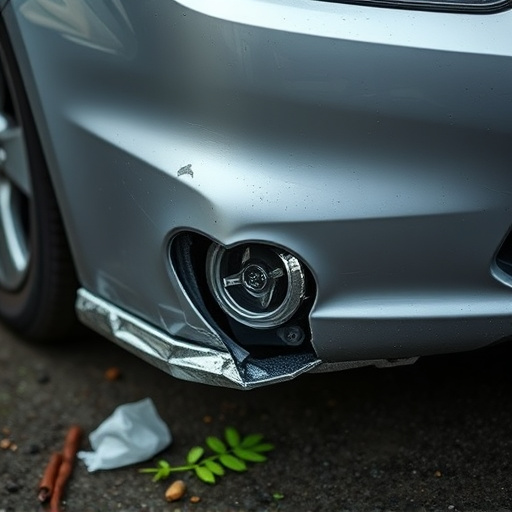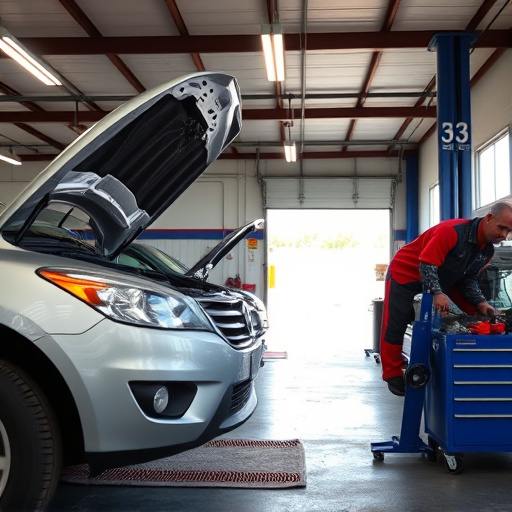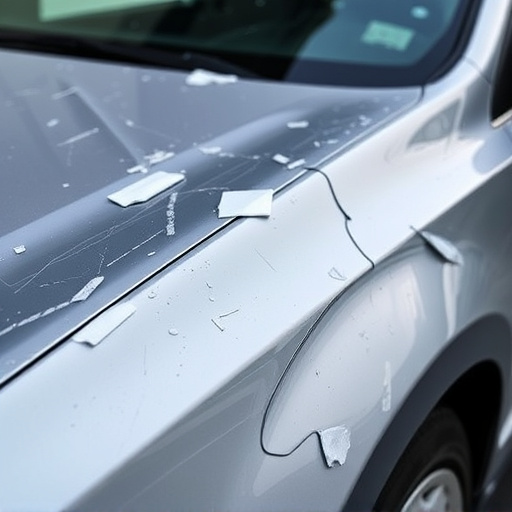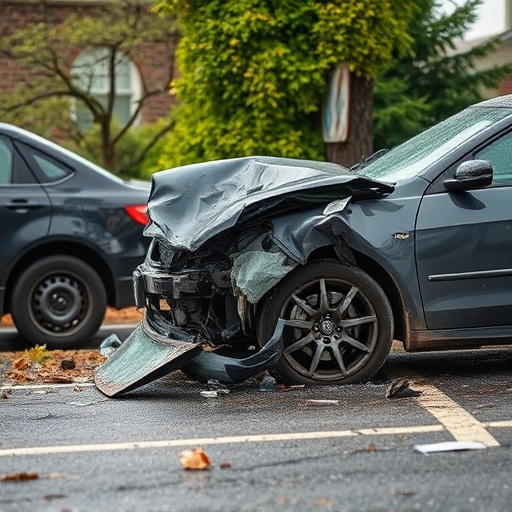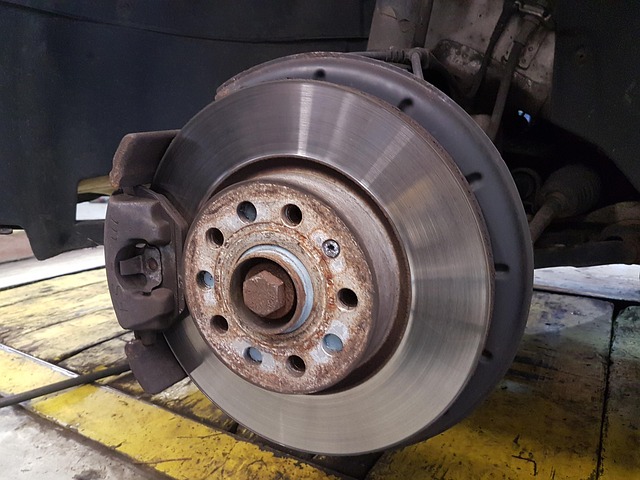Glass replacement certification is crucial for automotive professionals, ensuring safe and quality window glass installations in vehicles like Mercedes-Benz. Certified technicians master glass types, tools, and safety protocols, enhancing structural integrity and customer satisfaction. This certification is vital for body shops and collision repair centers, meeting OEM standards and maintaining brand reputation. Earning this certification improves job prospects and opens specialization opportunities within the auto industry.
Understanding the basics of glass replacement certification is essential for anyone involved in the construction or renovation industries. This article delves into the significance of this process, providing clarity on what glass replacement certification entails and why it’s crucial for ensuring safety and quality. We’ll guide you through the steps to obtain this certification, offering practical insights for a successful navigation of this critical process, all centered around the key term: glass replacement certification.
- What is Glass Replacement Certification?
- Why is Glass Replacement Certification Important?
- How to Obtain Glass Replacement Certification
What is Glass Replacement Certification?

Glass replacement certification is a crucial process that ensures the safety and quality of window glass installations. It involves specialized training and skills verification for professionals in the automotive industry, specifically those engaged in vehicle dent repair, fender repair, and auto frame repair when replacing or installing car windows. This certification guarantees that the new glass meets or exceeds manufacturer standards and is properly fitted, enhancing the overall safety and structural integrity of the vehicle.
The process typically includes comprehensive training on various aspects, such as understanding different types of glass, using appropriate tools and equipment, and adhering to specific safety protocols during installation. By obtaining this certification, technicians demonstrate their proficiency in handling delicate glass replacement tasks, ensuring customer satisfaction and vehicle performance.
Why is Glass Replacement Certification Important?

Glass replacement certification is crucial for ensuring the safety and quality of vehicle repairs, especially in the context of an automotive body shop or collision repair centers. With vehicles like Mercedes-Benz known for their sophisticated designs and advanced features, accurate glass replacement becomes even more critical to maintain structural integrity and driver protection. A certified technician can properly handle a wide range of glass types, from tempered to laminated, ensuring they are replaced correctly according to the manufacturer’s specifications.
This certification is essential in minimizing risks associated with improper installations, such as leaks, shattering, or inadequate seal formation. It also guarantees that the replacement glass meets the original equipment manufacturer (OEM) standards, preserving the vehicle’s structural integrity and ensuring optimal performance. For Mercedes-Benz repair specialists, adhering to these certifications not only maintains the brand’s reputation for quality but also safeguards the safety of every driver behind the wheel.
How to Obtain Glass Replacement Certification

Obtaining glass replacement certification is a crucial step for anyone looking to enter or advance within the auto industry, particularly in collision repair centers and car restoration services. The process typically involves enrolling in a reputable training program that covers everything from basic glass types and installation techniques to safety protocols and industry standards. Many automotive schools and specialized training institutions offer such courses, ensuring students gain hands-on experience through simulations and real-world practice sessions.
Upon completion of the training, candidates must pass an examination to demonstrate their proficiency. This exam assesses knowledge in areas like material properties, cutting and shaping glass, sealing methods, and regulatory compliance. Once certified, individuals can expect higher employment prospects as well as opportunities for specialization within collision repair centers or auto painting shops that demand expert glass replacement services.
Glass replacement certification is a vital step for professionals in ensuring the quality and safety of their work. By understanding the fundamentals outlined in this article, you’re well-equipped to navigate the process, enhancing your credibility and contributing to robust building standards. Glass replacement certification isn’t just about compliance; it’s a commitment to excellence and peace of mind for all occupants.
